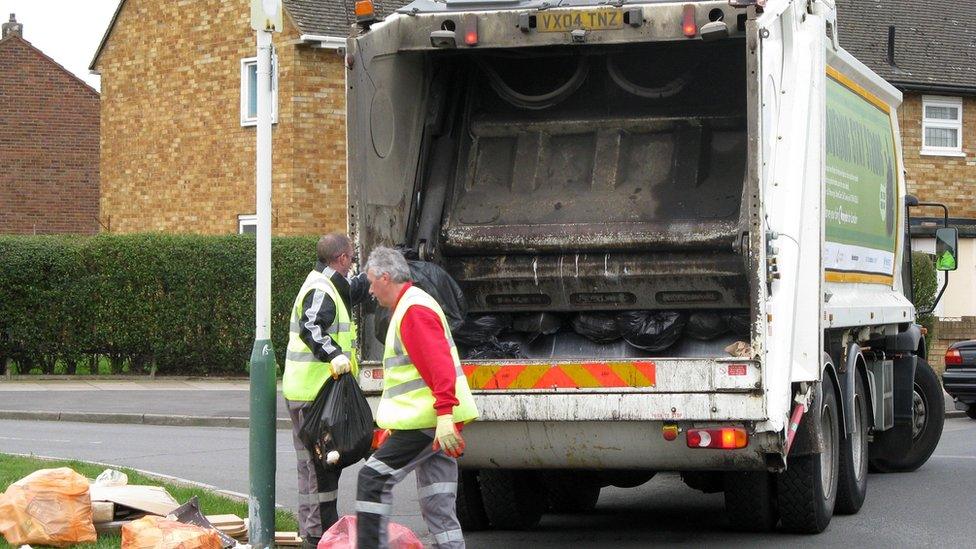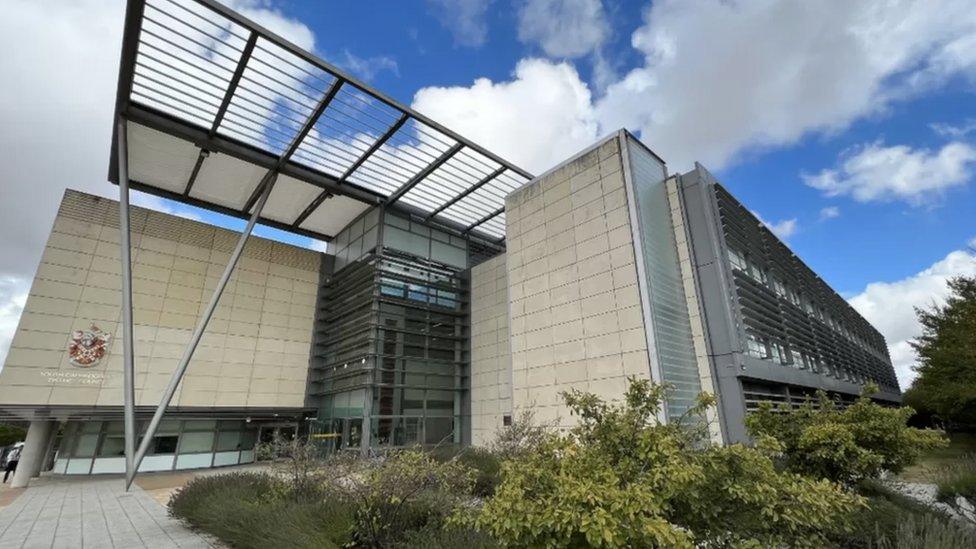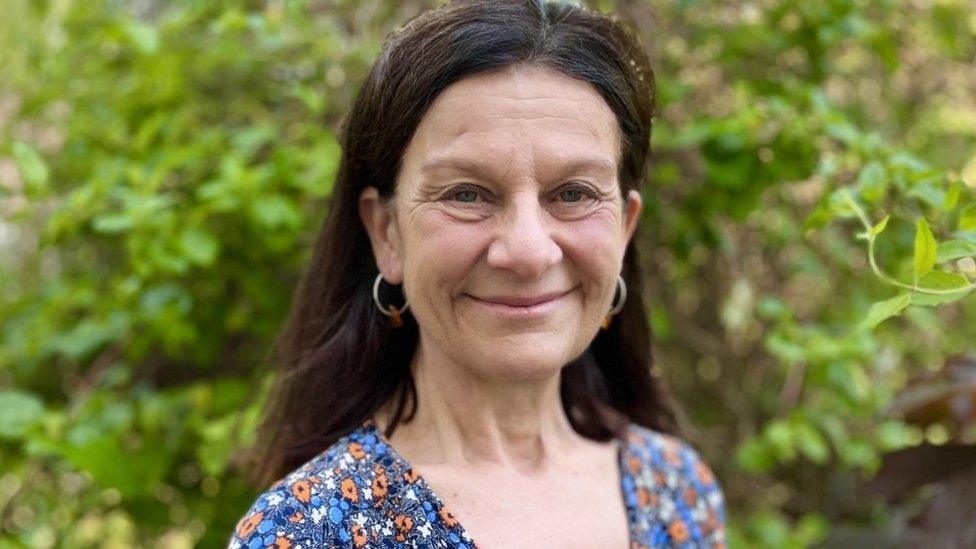Cambridgeshire council's four-day week trial expanded despite minister call
- Published

The four-day week trial for some Cambridgeshire waste crews is set to start in September
Waste crews are set to join council office workers in a four-day week trial from September - despite opposition from a government minister.
Cambridge City Council has agreed to support the pilot led by South Cambridgeshire District Council.
The trial for office workers started in January and now runs until March.
Local Government minister Lee Rowley called for it to be halted but district council leader Bridget Smith said she was "surprised" at the intervention.
South Cambridgeshire District Council said there would be an initial cost of £33,000 to pay for extra lorries and staff to collect rubbish over four days rather than five but pointed to other benefits of the plan.
At the same time, the council is also planning to change some routes taken by the waste lorries to take into account new housing that has been built across the area.
Despite concerns being raised by Tim Bick, leader of the Liberal Democrat group on Cambridge City Council, Rosy Moore, executive councillor for the environment, said it made more sense for both things to be done at the same time, as implementing them separately could lead to multiple bin collection day changes for some people.
Ms Moore said as well as helping to attract staff, it was hoped the four-day plan would reduce sickness levels in the "physically demanding" job.
The Liberal Democrat-led authority is the first local authority to trial the four-day week.
It shares services including planning and waste collection with Labour-controlled Cambridge City Council, the Local Democracy Reporting Service said.

Mr Rowley said his department would "shortly be issuing clear guidance" about the working practice
Last week, Mr Rowley wrote to the district council calling for the trial to stop and expressed concern about its impact on local taxpayers.
He said the council's approach could breach its legal duties under the Local Government Act, and the Department for Levelling Up, Housing and Communities would "shortly be issuing clear guidance".

South Cambridgeshire District Council is the first local authority to trial the four-day week
Ms Smith said she had requested a meeting to discuss the situation.
"This is a trial, but we have already seen strong independently assessed evidence which showed that performance was maintained, and in some cases improved, in the first three months," she said.
"As time goes on, it is becoming increasingly clear that recruitment has been positively affected, both in terms of the quality and number of applicants, and the consequent success in filling vacant posts."

Follow East of England news on Facebook, external, Instagram, external and Twitter, external. Got a story? Email eastofenglandnews@bbc.co.uk, external or WhatsApp us on 0800 169 1830
- Published1 July 2023

- Published18 June 2023
